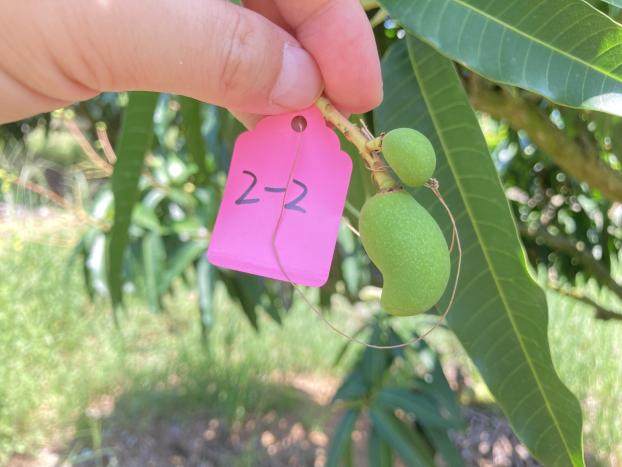Corteva Agriscience Launches Case Against China and India Producers and Importers of 2,4-D
Corteva Agriscience has launched a dumping and countervailing duty case against producers and importers of 2,4-D from China and India on March 14. This case covers all 2,4-D sourced from one of these countries, even if processed in third countries.
The U.S. dumping statute by law sets the dates that many of the steps must meet. Parts of the process are assigned to the U.S. International Trade Commission (USITC), while other parts of this task are handled by the U.S. Department of Commerce (DOC). To file such a case, a company must be:
- a bon-a-fide U.S. producer;
- have a minimum of 51% of the U.S. production base on-board; and
- must be able to prove that you have been damaged by the alleged dumped imports.
Corteva has enlisted the aid of one of the best trade law firms in Washington, DC. It is therefore highly likely that all of these hurdles have been overcome. Copies of the public version of this petition are available upon request.
Impacted Parties
After the initial step, the filing of the petition is accomplished, the next step is that the USITC requests information from impacted parties with highly detailed questionnaires for both producers and importers of record.
Other producers and importers can and are urged to participate. Questionnaires were released by the USITC on March 18 and are due to be returned to the agency in a very short 10 days. Copies are available here: Foreign Producers/Exporters Questionnaire and U.S. Importers Questionnaire.
By the end of this process, which should be completed well before the end of this year (calendar available upon request), each producer that chooses to respond will be assigned their own dumping margins.
There will also be country-specific margins established for all others which will include companies that do not respond or new entrants. You can be assured that the “all other” category will have significantly higher dumping margins than the companies that receive their own rates.
These two agencies will also assess countervailing duties for both of these countries. Countervailing duties are their best efforts to calculate the advantages received from State or local subsidies, including efforts to reduce currency valuations. These rates are usually assigned by country, but in this instance since there may be provincial subsidies, that could impact these rates on a company-by-company basis.
Affects of Dumping Cases
Filing a dumping case is not for the meek of heart. Corteva will likely spend well in excess of $1 million. Defending a case is similarly expensive and likely could run between $500,000 and $1 million. While these are not insignificant sums, filing a case can prove to be very lucrative since they anticipate that the rate for Chinese producers will be in excess of 150%, and the rate for Indian producers will be close to 70%.
In addition, once a case has been proven, even though it will sunset in five years, it is usually not difficult or expensive to extend the deadline many times over. Therefore, for all parties involved, it is vitally important to get it right from the very beginning.
If not, foreign producers will be shut out of the U.S. market for a decade or more. In this case, it is more important than usual since it is believed that Corteva has inadequate current capacity to supply all of the U.S. requirements for 2,4-D. Therefore, those that work hard to receive a lower dumping margin, will be rewarded.
Importers should also be aware that entries may be subject to AD/CVD cash deposits 90 days before the DOC preliminary determinations if the DOC issues a finding of “critical circumstances.” This determination can be triggered if imports increase at least 15% following the filing of the petition compared to a similar period (typically three months) before the petition was filed.
Available public documents include:
- 2,4-D – USITC Questionnaire Transmittal Letter
- Foreign Producers-Exporters Questionnaire – 2,4-D
- US Importers Questionnaire – 2,4-D
- 2,4-D from China and India Scheduling Notice
For more information on this update, please contact V.M. (Jim) DeLisi, President of Fanwood Chemical, Inc. at [email protected].






